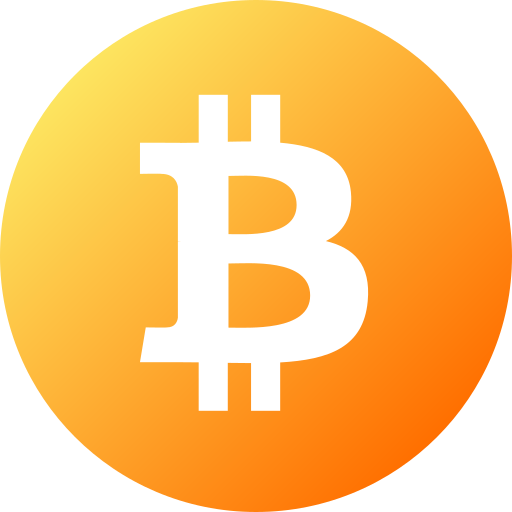Markets, Polymarket, Ukraine, News In the wake of UMA’s controversial ruling on whether Volodymyr Zelenskyy wore a suit, one of Polymarket’s top traders says the dispute system is broken, and is costing the platform users.
Polymarket is locked in another controversy over the interpretation of UMA, a decentralized oracle that utilizes token holder voting to resolve prediction markets.
UMA – a protocol which is a separate entity from Polymarket – is no stranger to controversy, having ruled before with interpretations that even Polymarket doesn’t agree with.
This time, it’s about Ukrainian President Volodymyr Zelenskyy’s attire: Polymarket bettors were asked if the typically casual leader would appear in a suit before July.
On June 25, Zelenskyy wore an outfit described by the BBC, New York Post, and others as a suit. Yet the market is set to resolve “No,” sparking outrage from those set to lose their bets on the $200 million market.
“UMA’s voting incentives encourage people to vote with the perceived majority to avoid penalties, not based on factual correctness,” RememberAmalek said. “This creates conditions ripe for manipulation.”
RememberAmalek is a prominent Polymarket bettor who earned $300,000 predicting Zohran Mamdani’s upset victory in New York’s mayoral primary by identifying critical flaws in polling data and betting against conventional wisdom. Between his multiple accounts, he’s earned well over $1 million in wins.
In UMA’s dispute resolution system, voters stake tokens to participate in deciding market outcomes. Those who vote against the final consensus face penalties known as “slashing,” where a portion of their staked tokens is confiscated or reduced.
This economic penalty structure motivates voters to align their choices with the anticipated majority opinion, even when it contradicts their genuine interpretation of factual correctness.
“One person holding millions of tokens and deciding multi-million dollar outcomes is not decentralization,” he said, referring to UMA’s largest whales that hold a controlling share of tokens and sometimes slash those that vote against them.
On-chain data parsed by IntotheBlock shows that 95% of UMA tokens are held by large holders. For the sake of comparison, just over half of ETH tokens are held by large holders.
“It undermines the entire point of using prediction markets to find truth,” the trader continued.
Reflecting on his own strategies, RememberAmalek admitted openly to betting on UMA resolutions rather than the underlying facts of markets.
“Polymarket and UMA need an immediate rethink of their resolution mechanism,” he said. “Every major dispute damages user trust, particularly smaller bettors who feel scammed and leave.”
And what’s the solution in his eyes? Perhaps ironically, centralization.
But done professionally and transparently. By Polymarket itself, not some outside protocol.
Because right now, “this isn’t decentralized,” he concludes.
Read more: Polymarket Embroiled in $160M Controversy Over Whether Zelenskyy Wore a Suit at NATO
CoinDesk: Bitcoin, Ethereum, Crypto News and Price Data Read More
